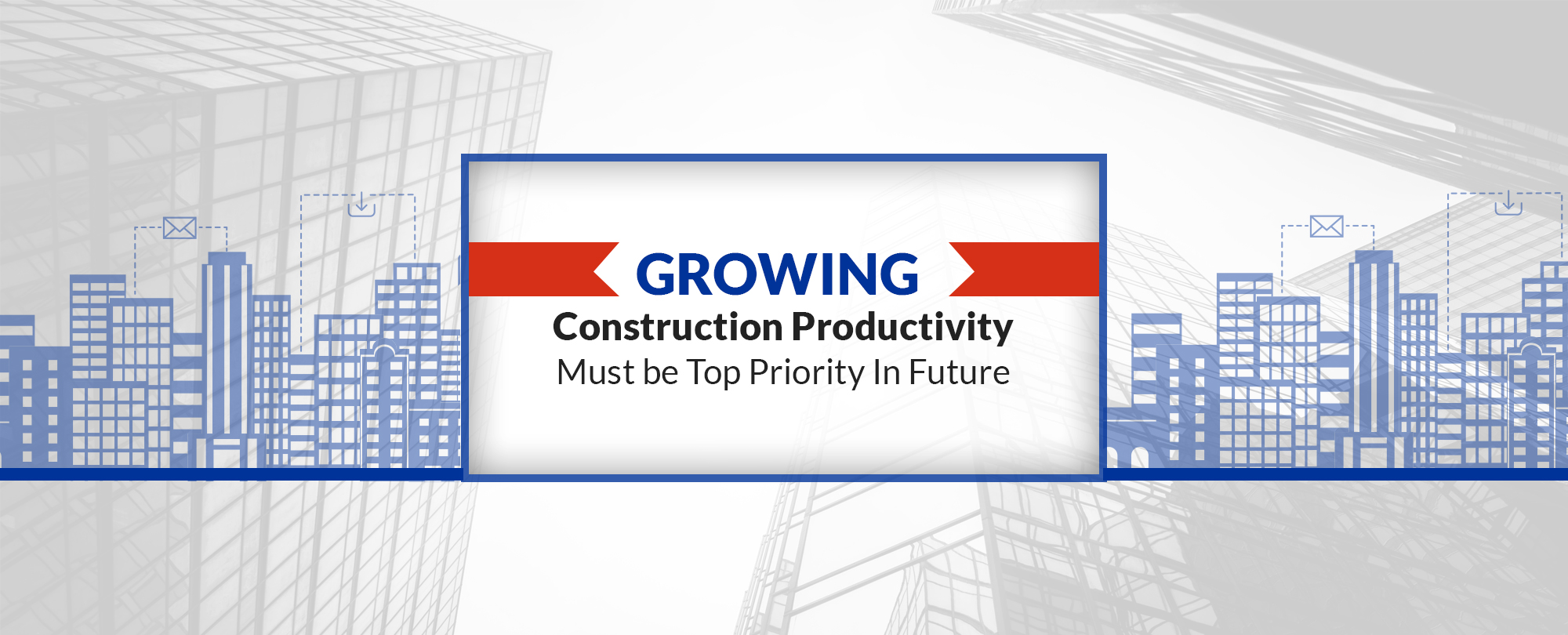Introduction
2018 seems to be challenging for Britain in the lead up to Brexit in 2019. According to sources, the UK’s GDP will rise by only 1% in 2018. Construction industry of UK accounts around 6.7% of the entire economy and employs about 2.9 million people, i.e., 10% of the overall population. The construction productivity in the UK should be on top priority to improve the situation and GDP.
The construction sector has its challenges, some as a result of Brexit while others due to its conventional business practices. Also the lack of proper investment in skill, technology, and systems also hampers. Perhaps Office for National Statistics analysis shows that the construction output has decreased by 2% which is quite challenging.
Brexit Results
Brexit will undoubtedly heighten the skills and shortages which are already being experienced. Due to Brexit effect, the much needed skilled workers from Europe are leaving the UK to return to their homelands. Whereas, Britain is not generating the sufficient quantities UK Nationals through apprenticeships programs to replace them. Well, in such a gloomy scenario, the driving construction productivity will certainly get undermine. The efficiency of converting inputs into desiring outputs is crucial not only to individuals but also to the nation as a whole. Thus, slashing down the economy is a sure thing on the go.
In this condition how can construction productivity be improved and what will be the benefits of doing this?
The construction industry has potential to be 20-40% more efficient and which considerably rise with proper R & D in the capital and adapting modern technologies.
Let’s see how that’s going to happen.
Artificial Intelligence and Advanced Manufacturing
The standardization will enhance effectiveness in time, workforces, materials and waste. It is already challenging the investment, innovation, and R&D and encouraging disturbance both from insiders and outsiders.
For such situation, the exception could be an existing tech giant or a newcomer who can change the scenario. New business models need a substantial change in culture, business, structures, supply chain models. It is pretty sure that this change requirement is hugely underestimated in the construction industry. Only when an organization showcases better performance through new business models, the change we desire to see will be seen.
New business models, as well as culture shifts, are necessary for an industry that has to maintain its status thus increasing their construction productivity. A streamlined change to advance manufacturing will drive efficiencies through new systems and process which will eventually build times, therefore, attracting new talents.
With the use of modern technologies like Artificial Intelligence, it will certainly boost the operating margins that could reinvest in R & D and increase systems and processes affecting the construction productivity. It will also help improve the efficiency, performance and altogether better outcome including social and environmental sustainability.
Also Read : How Internet Of Things Reshape The Construction Industry
Data and Digitization
The application of data and the digitization of systems and processes to measure are the driving forces for construction productivity and profitability. It is an enabler that lifts up the sector to support the development and new business models.
The introduction of BIM (Building Information Modeling) for analysis and decision making has been the digital catalyst within the construction sector. Now the industry has to speed up the adoption of newest technologies across projects throughout the entire life cycle.
For example, BRE’s SiteSmart Suite of tools helps its users to affordably measure their data, KPIs as well as other characteristics of their construction sites and projects. Thus. They can make more possible decisions and improvement to boost their productivity and save money.
Expertise and Training
The proficiencies and training are requisites to deliver productivity and enhance profitability. They are also essential to meet the adaptation to an increasingly technologically driven workplace including on construction sites.
Let’s say, the use of drones is regular on construction sites to help project logistics and to guide automated machines. 3D printing & Laser scanning is also in use to manufacture building materials, components and make flagship models of whole building onsite. The increasing use of Robotics in the workplace is enhancing. All this shows that their requires human skills and talents at many levels.
Conclusion
Collectively, the better qualification and training of employees is directly proportional to the increased efficiency, innovation as well as construction productivity. Thus, these characteristics eventually help to improve the overall construction productivity and profitability.

One Reply to “Growing construction Productivity Must be Top Priority In Future”